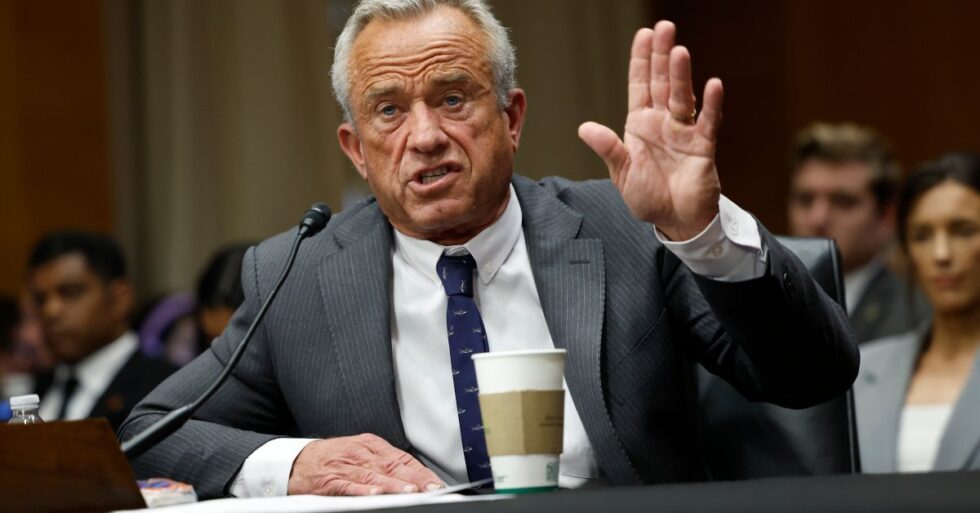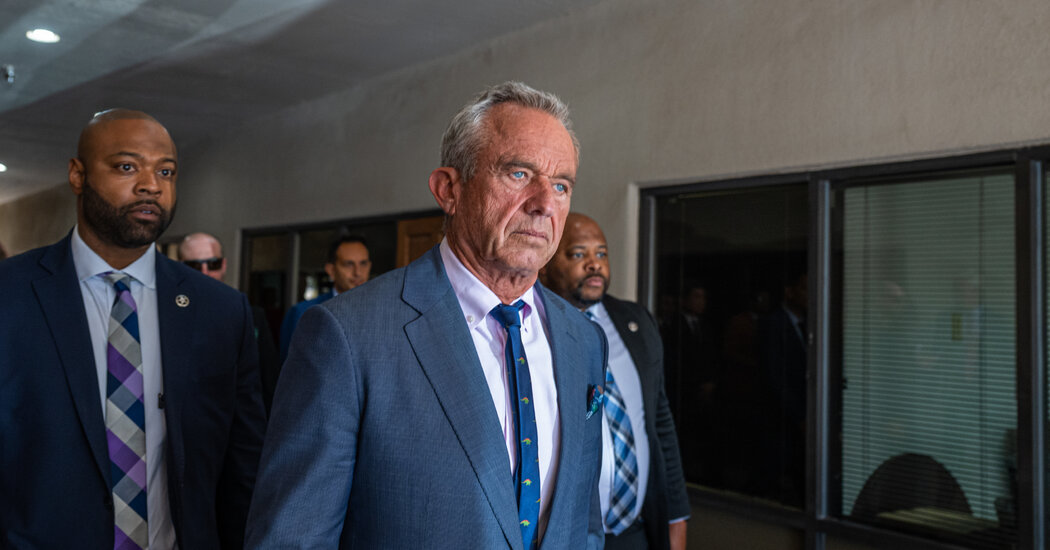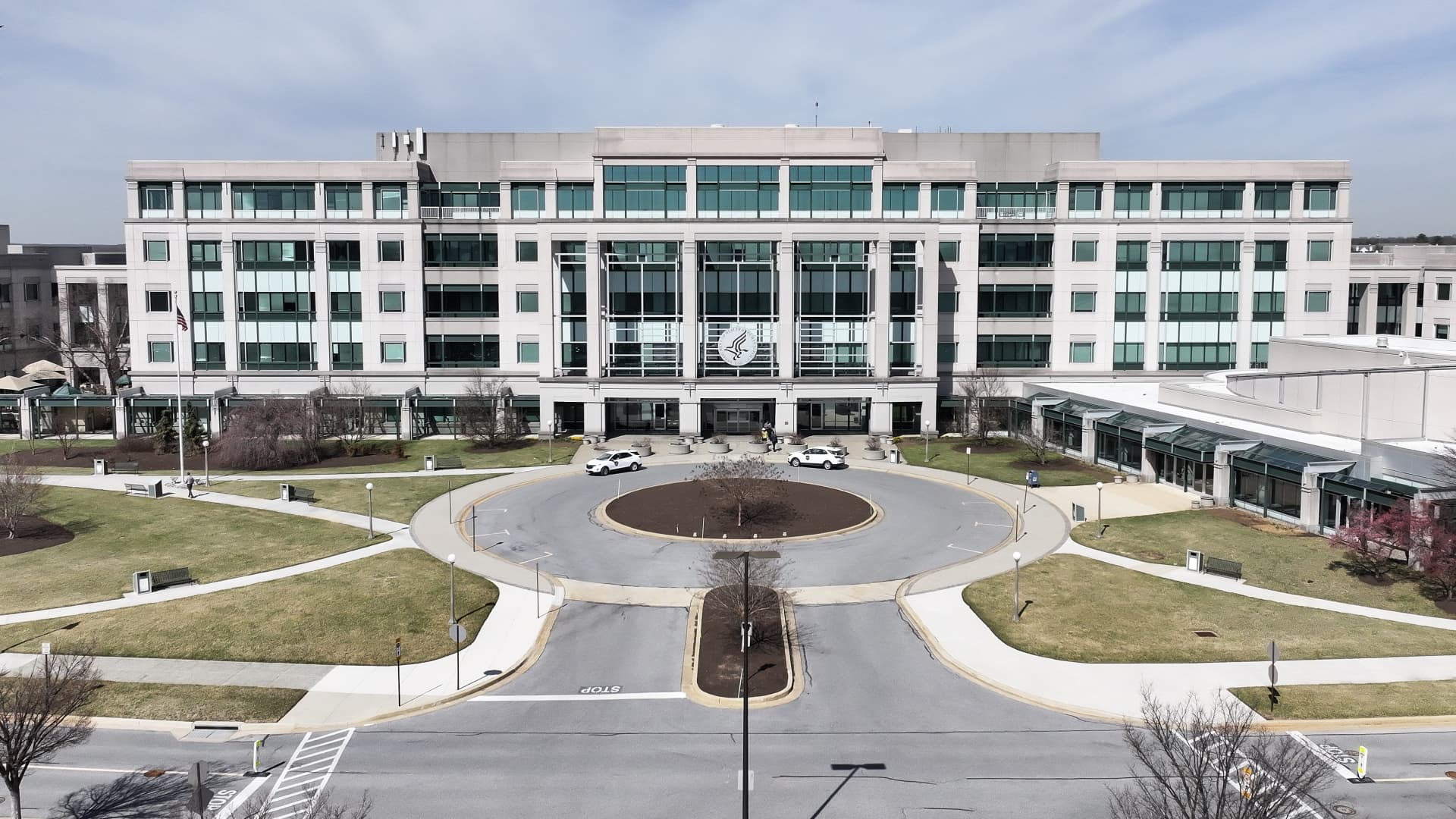
On its face, the April 17 report issued by the U.S. Centers for Disease Control and Prevention (CDC) was nothing short of alarming. According to a nationwide survey conducted in 2022 across 16 localities in the U.S., one in 31 children studied had been diagnosed with autism. That’s a significant increase from the one-in-36 reported in 2020, and a huge jump from the one-in-150 in 2000.
“The autism epidemic is running rampant,” declared Robert F. Kennedy, Jr., Secretary of the Department of Health and Human Services (HHS), in a press release. “President Trump has tasked me with identifying the root causes of the childhood chronic disease epidemic—including autism. We are assembling teams of world-class scientists to focus research on the origins of the epidemic, and we expect to begin to have answers by September.”
But Kennedy has it wrong, say critics—and even the CDC itself. The increases seen in various communities, says the report, “might be due to differences in availability of services for early detection and evaluation and diagnostic practices…Another reason for differences in prevalence could be whether children have insurance coverage or meet eligibility criteria for access to early intervention services.”
That is in keeping with the position of experts, who have maintained for years that increases in autism cases are a mere function of better screening and a widening of the diagnostic criteria of what constitutes the condition. If you look for more autism—and, not insignificantly, have a better understanding of the signs—you’re going to find more.
“Most of the rise in autism is not a true rise of autism, but an increase in diagnosis and because of changes in diagnostic criteria,” says Dr. Peter Hotez, professor of pediatrics and molecular virology at Baylor College of Medicine, and co-director of the Texas Children’s Hospital’s Center for Vaccine Development. “Also, starting in 2005, the American Academy of Pediatrics asked pediatricians to start doing autism screening at between one and two years of age. Additionally, we’ve provided access to autism services, so there’s been incentive to get kids help.”
Read More: The New CDC Study on Vaccines and Autism Should Take a Radical Approach
Kennedy doesn’t agree with that explanation. “One of the things I think we need to move away from today is this ideology that this diagnosis, rather [than] the relentless increases, are simply artifacts of better diagnoses, better recognition,” he said at a press conference following the release of the CDC report. “Doctors and therapists in the past weren’t stupid, they weren’t missing all these cases. The epidemic is real.” He went on to condemn what he called “epidemic denial” on the part of the scientific community. “External factors, environmental exposures,” Kennedy said. “That’s where we’re going to find the answer.”
Among the sources of those exposures Kennedy has cited are environmental and industrial chemicals, food additives, and contaminants in the water supply. What he hasn’t mentioned much lately is the widely debunked idea that vaccines cause autism, though that is a drum he has banged repeatedly in the past. It’s that history that causes members of the autism advocacy community concern, worrying that Kennedy’s promise to begin having answers to the causes of autism by September is just a pretext to reach a predetermined conclusion.
“It’s become clear that the goal of the administration is to announce that they have found data proving that vaccines cause autism, but not to focus on finding the actual causes,” says Alison Singer, the founder of the Autism Science Foundation—which raises funds for autism research—and the mother of an adult daughter with what she describes as profound autism. “That question has been asked and answered. There is no link between autism and vaccines. [The risk is that] the administration announces vaccines cause autism and then declares the case closed and stops funding autism research that focuses on finding the actual causes.”
Those causes begin with genetics. One 2020 study conducted by Harvard’s and MIT’s jointly run Broad Institute found 102 genes associated with an increased risk of developing autism. “I imagine that like me, the many leading companies and academic sites that are focusing on genetically guided treatments for causes of profound autism would find it disquieting that the head of HHS is unaware of the state of the field, in spite of having access to national and international leaders in the field,” says Dr. Joseph Buxbaum, Professor of Psychiatry, Neuroscience, and Genetics and Genomic Sciences at Icahn School of Medicine at Mount Sinai in New York.
Read More: Why Food Chemicals Are a Problem—And How to Reduce Your Exposure
That’s not to say genes are entirely dispositive; having genes associated with the condition does not mean a child will inevitably develop it. Other factors can come into play. According to one 2022 study, exposure to chemicals such as pesticides and phthalates, as well as air pollution, may awaken sleeping autism genes, as can nutritional deficiencies. That is at least partly in keeping with Kennedy’s charge that environmental toxins play a role. Parental age may also be involved, with older mothers and fathers more likely to have an autistic child than younger parents. Hotez cites at least one medication—depakote, an anti-seizure drug—that may also have an autism link if taken by a mother when she is pregnant.
Kennedy, Hotez says, made a “false statement” in claiming that the scientific community denies that there are any environmental factors at play. “I’ve said to RFK Jr. that there could be an environmental component, but not vaccines, because autism occurs in fetal brain development well before kids ever see vaccines.”
Dr. Paul Offit, director of the Vaccine Education Center at Children’s Hospital of Philadelphia and a professor of pediatrics at the University of Pennsylvania’s Perelman School of Medicine, also believes that Kennedy’s stated goal to begin determining the roots of autism—a condition that has yielded its secrets only slowly over decades of research—by September is nonsense. Offit points to other claims Kennedy has made as illustrative of what he sees as a fast and loose relationship with scientific fact.
Read More: The Science Behind Fluoride in Drinking Water
“Where’s the evidence, for example, that taking fluoride out of the drinking water is beneficial? Because the CDC lists that as one of its top 10 public health achievements,” says Offit. “Where’s the evidence that says that not eating ultra processed foods makes you healthier? It certainly sounds right. I’d just like to see the data.” The Brookings Institute and others point to a 2021 statement Kennedy made in which he said Black people should be put on a different vaccination schedule from that of whites because their immune systems respond differently. During Kennedy’s confirmation hearing, Sen. Angela Alsobrooks, a Democrat from Maryland, called him out on this position. Kennedy stuck by it.
All of this raises critics’ doubts that Kennedy could be anything like a fair and knowledgeable arbiter of the roots of autism—much less that an HHS under his direction could determine those roots in the next five months.
“When he comes out and says we’re going to find the cause of autism by September, it’s naive. It’s almost childlike, because it’s like saying we’re going to know the cause of cancer by September,” says Hotez. “Everyone knows there are multiple different forms of cancer, there are multiple different forms of autism, multiple different forms of cancer genes, multiple different forms of autism genes. People like myself have spent hours trying to tutor him on all this, and he just doesn’t listen.”






